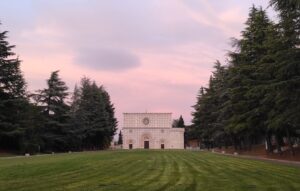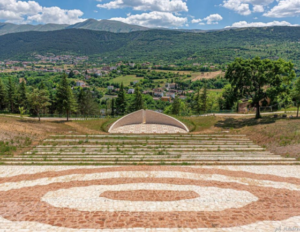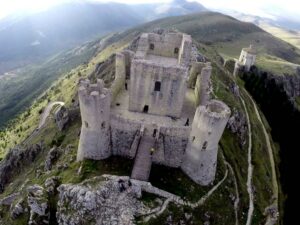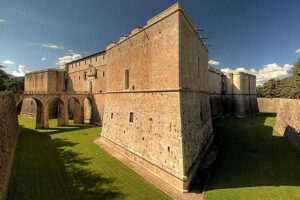Conference Venue
ICSA 2023 will be held in L’Aquila, Italy at:
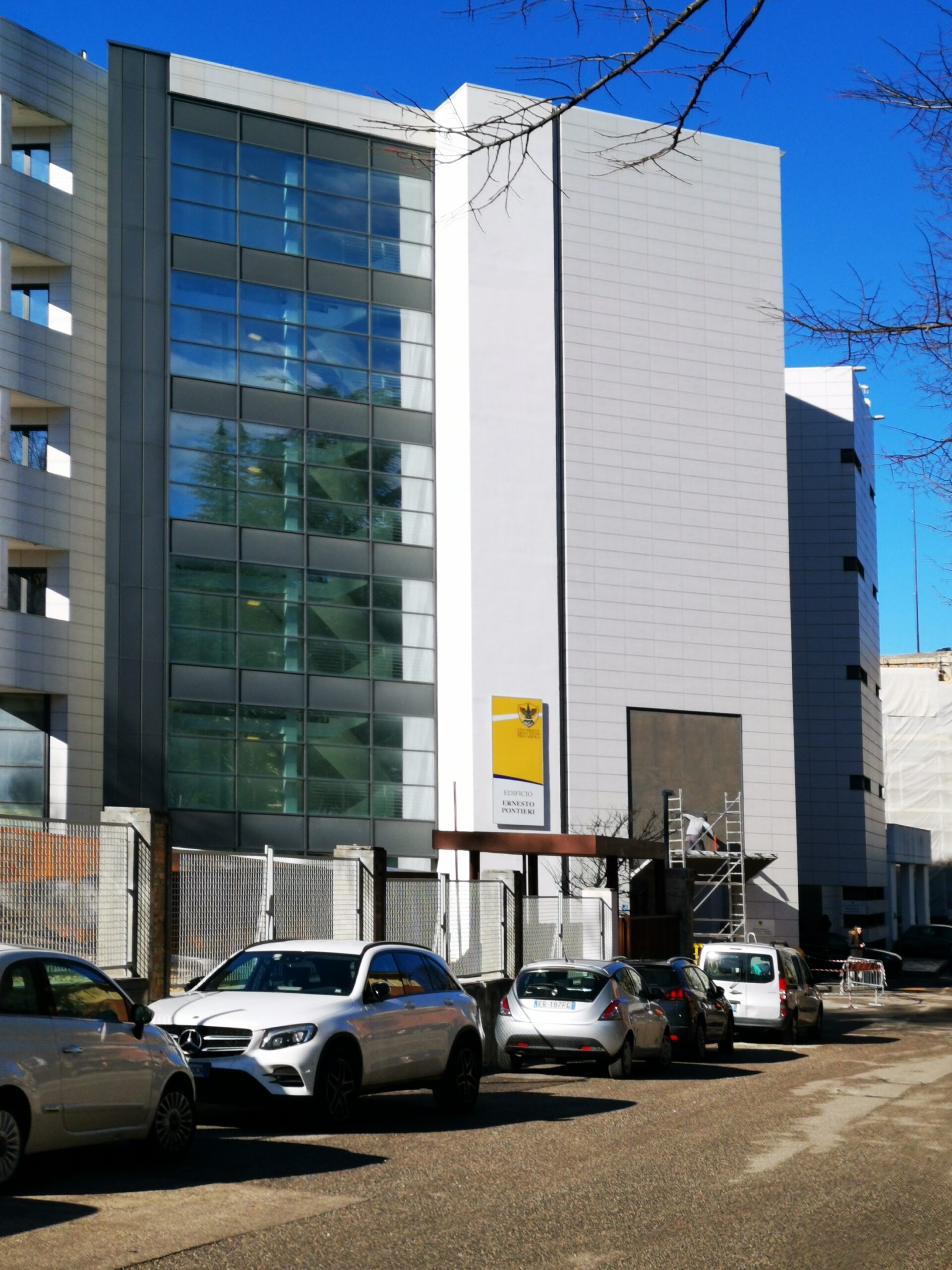
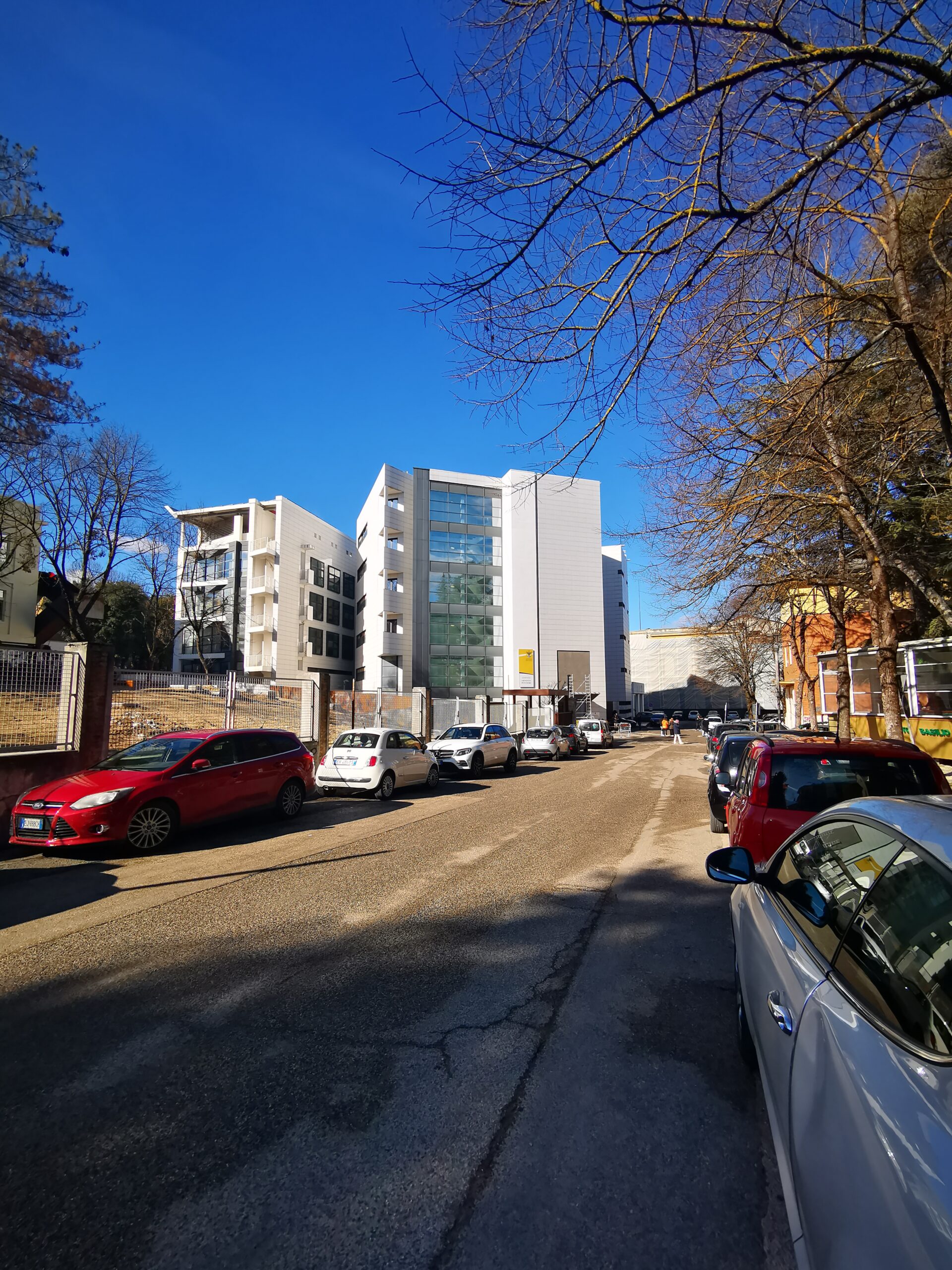
Video walkthrough of getting to the venue
Venue Location
The City of L’Aquila
L’Aquila is the capital city of the Abruzzo region in Italy. Laid out within medieval walls upon a hillside in the middle of a narrow valley; tall snow-capped mountains of the Gran Sasso massif flank the town. A maze of narrow streets, lined with Baroque and Renaissance buildings and churches, open onto elegant piazzas. Home to the University of L’Aquila, it is a lively college town and, as such, has many cultural institutions: a repertory theater, a symphony orchestra, a fine-arts academy, a state conservatory, a film institute.
Close to the highest of the Apennine summits, L’Aquila is positioned at an altitude of 721 meters in the Valley of the Aterno-Pescara, situated between four mountain peaks above 2,000 meters. The mountains block the city off from warm humid air currents from the Mediterranean and give rise to a climate that is cool in comparison to most of central Italy, and dry. It has been said that the city enjoys each year eleven cold months and one cool one. L’Aquila is approximately 100 kilometers (62 mi) to the east-north-east of Rome, with which it is now connected by a motorway through the mountains.
Glimpses of L'Aquila
University of L’Aquila
Established in 1952 and located in L’Aquila, administrative centre of the Abruzzo Region, our University is a public teaching and research institution offering a full range of academic programmes including biotechnologies, sciences, economics, engineering, education, humanities, medicine, psychology, and sport sciences. With 7 departments, the University of L’Aquila offers its over 19,000 enrolled students 68 degree courses (divided between first and second level degrees), 9 research doctorate programmes, specialisation schools, specializing-master courses and vocational courses. Many members of its distinguished faculty of about 600 professors and researchers have received international recognition and are considered leaders in their fields of research.

